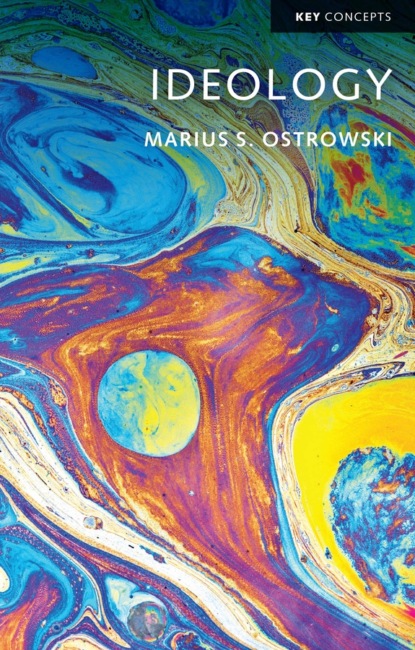ion id="u0b7020b6-2d4f-5705-a4ba-618989b63bad">
Table of Contents
1 Cover
5 Figures and Tables Figures Tables
6 Preface
7 1 Introduction §1 The central questions in the study of ideology §2 From the study of ideology to ideology studies §3 Plan of the book
8 2 The evolution of ideology theory §1 1800–1890: the classical period of ideology analysis §2 1890–1945: new concerns and approaches §3 1945–1980: terminological and methodological challenges §4 1980 to now: the emergence of ‘ideology studies’
9 3 What is ideology? §1 Making sense of reality §2 Criteria of ideological characterisation §3 What is and is not (an) ideology
10 4 Ideology and ideologies §1 The preconditions of ideology §2 The morphological history of ideologies §3 Ideological categorisation
11 5 The experience of ideology §1 The formation of ideological subjects §2 How ideological subjectification works §3 The limitations of ideology
12 6 The dimensions of ideology studies §1 The social- and political-theoretical epicentre §2 The social-scientific and humanistic penumbra §3 The ‘ideology studies compass’
13 7 Conclusion
14 References
15 Index
List of Tables
1 Chapter 3Table 1 The criteria of ideological characterisation
2 Chapter 4Table 2 Social domainsTable 3 Overview of ideologies’ social morphologies
3 Chapter 5Table 4 Ideological apparatuses across social domains
List of Illustrations
1 Chapter 2Figure 1 The history of ideology theory
2 Chapter 4Figure 2 An overview of ideologies’ historical developmentFigure 3 The ideological compass
3 Chapter 5Figure 4 Ideological apparatuses’ operations over the life cycleFigure 5 Sources of ideological influence
4 Chapter 6Figure 6 The ideology studies compass
Guide
1 Cover
2 Table of Contents
Pages
1 ii
2 iii
3 iv
4 vi
5 vii
6 viii
7 ix
8 x
9 1
10 2
11 3
12 4
13 5
14 6
